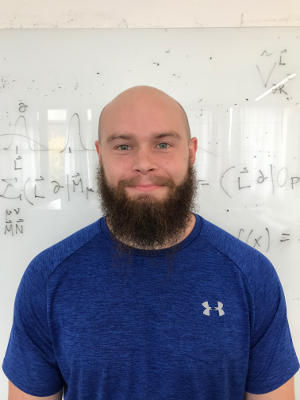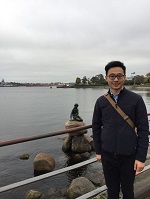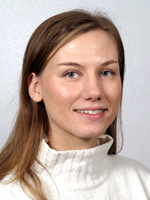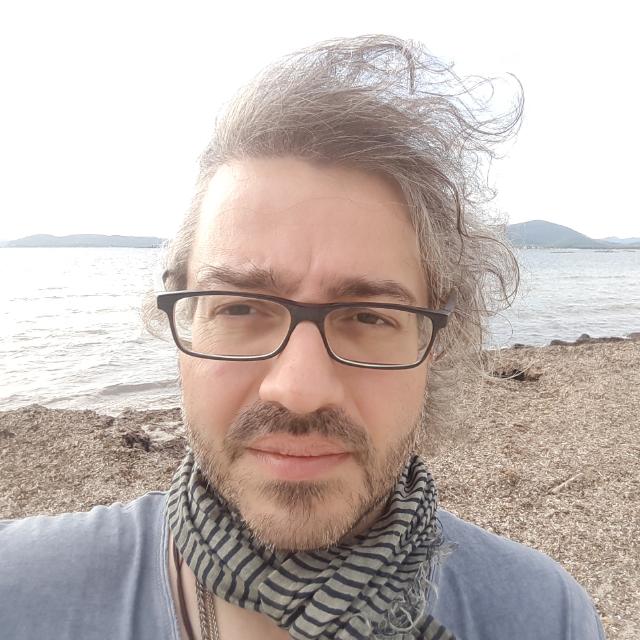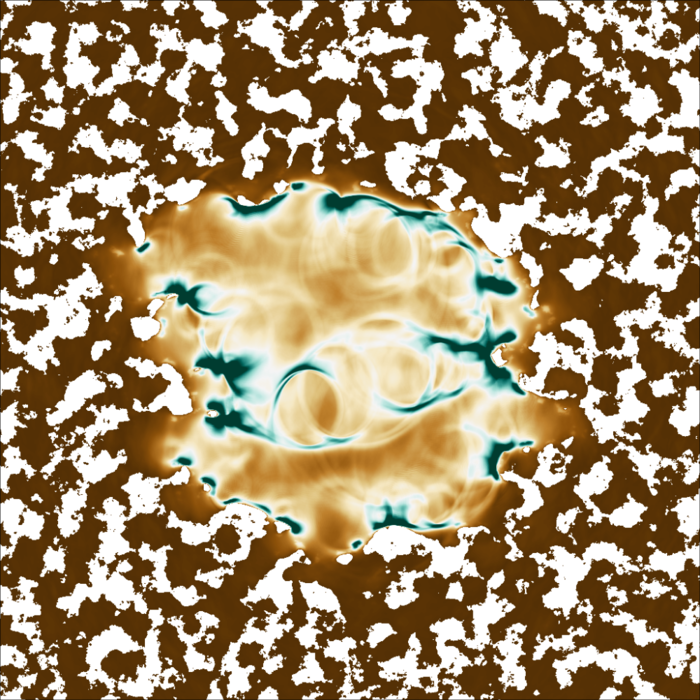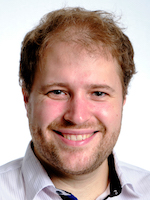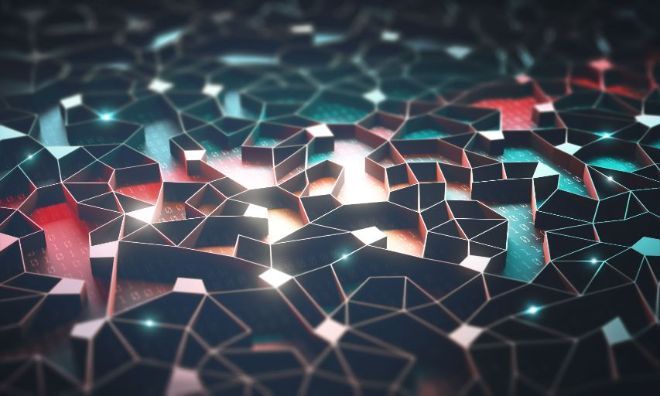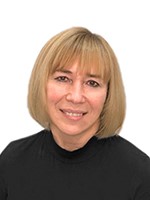Previous events - Page 72
Anders Malthe-Sørenssen and Tor Ole Odden, University of Oslo
Computation is a cornerstone of modern scientific research, and consequently many universities are actively working to incorporate computational methods into their science courses.
At the University of Oslo, this work has been going since the early 2000s and currently all bachelor programs in mathematics and natural science integrate computing from day one.
For example, in the physics bachelor program, students learn computation in through coordinated mathematics, physics and, computer science courses, and computation is then threaded through most subsequent physics courses.
In this talk, we address the Norwegian educational context, challenges and experiences from establishing such a program, examples of how the program is implemented, and how we work to integrate computing in programs across contexts and across educational levels.
We will also discuss what we are learning through our research activities on how students build computational literacy, and how computation can support student conceptual understanding and epistemic agency.
We would like to invite members of the physics education research groups of Michigan State University, University of Colorado-Boulder, and Oregon State University, as well as our Scandinavian PER colleagues, to a summer institute held in Oslo, Norway, and hosted by the Center for Computing in Science Education at the University of Oslo.
Open user meeting for TSD, EduCloud, Nettskjema, HPC, FAIR.
The annual conference for and by the members of the research school.
Hylleraas seminar, hosted in Oslo
PhD candidate Kaixing Dong at the Department of Biosciences will be defending the thesis "Bottom-up effects on plankton dynamics in Northeast Atlantic and Arctic seas" for the degree of PhD.
Brain source analysis is an important tool in brain research. It is used for example during operation planning for epilepsy patients. Given EEG (electroencephalography) and MEG (magnetoencephalography) measurements the goal is to reconstruct the brain activity, i.e. the electric potential in the brain. This poses an inverse problem. It was observed in experiments, that the accuracy of the inverse problem strongly depends on the quality of the forward simulation, in particular the head model. We discuss how modern numerical methods like discontinuous Galerkin (dG) methods and cut-cell techniques can increase the robustness of the forward problem and simplify the overall workflow. Hardware-oriented design of numerical methods allows for improved speed of the inverse simulation by making use of modern hardware resources. In order to compute the forward problem efficiently, we propose an algebraic multigrid solver for cut-cell dG methods. We introduce the challenges of EEG/MEG inverse modeling and discuss how different parts of the problem can be improved using modern numerical methods.
Hybrid format via Zoom possible on demand (contact timokoch at uio.no)
The talk will start at ca. 13:00 right after the talk by Andrea Bressan.
Welcome to our GEOHYD Lunch Seminar Friday 10th of May @ 12:15 in Aud. 2, Geology building or via videolink using Zoom. The seminar is helt by Diarmuid Corr, Lancaster University.
Abstract: Many constructions have been proposed to attain adaptivity within the IGA framework (HB-, T-, LR-splines among others).
The idea of all approaches is to break the tensor product structure of the space in order to allow a spatially varying resolution.
Here we present an approach for adaptivity in IGA aimed at solving PDEs with preconditioned Krylov methods.
All the main ingredients of this work are already known, but their combination looks promising for the
development of isogeometric solvers with a good balance of flexibility and computational efficiency.
Hybrid format via Zoom possible on demand (contact timokoch at uio.no)
Doctoral candidate Gerd Marie Eskerud Harris at the Department of Pharmacy, Faculty of Mathematics and Natural Sciences, is defending the thesis "Migraine pharmacotherapy during pregnancy: Utilization patterns and associations with child neurodevelopment" for the degree of Philosophiae Doctor.
Neuronal lipid droplets in the hippocampus of a mouse model of type 2 diabetes mellitus – Effects of exercise
Cristian Vignali, Physics and Astronomy Department, Bologna University (Italy)
Is it difficult to set aside time to write? The Academic Writing Centre arranges joint, structured “Shut Up & Write” sessions.
Is it difficult to set aside time to write? The Academic Writing Centre arranges joint, structured “Shut Up & Write” sessions.
The Friction Workshop will be held at the Njord Centre, UiO, on the 10th of June 2022.
Welcome to the second Life Science Growth House innovation hangout – a new meeting place for academia and industry. This hangout is a collaboration with the Association of the Pharmaceutical Industry in Norway (LMI). Topic: Tomorrow’s medicine – advanced therapies, cell therapy, precision medicine and nuclear medicine.
Doctoral candidate Andreas Nakkerud at the Department of Mathematics will be defending the thesis Integer Programming Approaches for Real-Time Traffic Management for the degree of Philosophiae Doctor.
C*-algebra seminar talk by Guillaume Aubrun (Université Claude Bernard Lyon 1)
Title: Atmospheric circulation compounds anthropogenic warming and its impacts in Europe
Speaker: Davide Faranda, Laboratoire des Sciences du Climat et de L'Environnement, Paris Saclay
Welcome to our weekly lunch seminar held in the dScience lounge area! This event is open to PhD candidates and postdocs.
The multi-phase baryon cycle in a local infrared-luminous galaxy merger
Do you want to learn how to partner with students to bring active learning methods into your teaching? Join us for the Nordic Regional Learning Assistant (LA) Workshop!
C*-algebra seminar talk by Alistair Miller (Queen Mary University of London)



